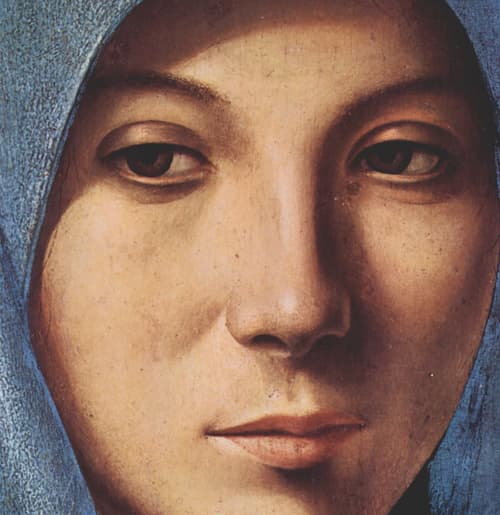Paula Huston, A Land Without Sin (Slant Books, 2013)
In Paula Huston’s novel A Land Without Sin, it is 1993 in the war-torn jungles of Central America, and Eva Kovic is looking for her lost brother. An idealistic young Catholic priest disappeared from his parish in Mexico’s San Cristobal de las Casas, Stefan is either a casualty or a conscript of a local guerrilla faction. Tired of waiting for the Church to seek him, his sister, a battle-wizened war photographer, pursues Stefan in a shrewd set-up: by getting hired on to document the mysterious exploits of Jan, a stoic Dutch expert in Mayan history, whose temple expeditions promise her access to the region where her brother may be hidden.
As we rove with Eva and Jan through the murky jungles of Guatemala and Mexico, the story’s archeological “whodunit” opens into a sprawling, cinematic backstory that takes us from World War II Croatia to 1970s Chicago, to a Katmandu hospice and a remote Nepali village. What links these distant places is the unlikely common theme of blood sacrifice: as a tribal ritual, a gory undercurrent in modern warfare, and a philosophical concept. Rene Girard’s scapegoating theory figures prominently in a pirated sheaf of Stefan’s letters which Eva carries like a talisman on her jungle treks. The letters—written from Stefan to a fellow priest, who has passed them on to Eva—recall Stefan’s youthful quest to probe the problem of evil. That quest leads him to the scapegoating spectacle of Christ’s murder and resurrection, and then to the priesthood and, ultimately, into a complicated pact with the rebel faction that may or may not have murdered him. It is a quest that confounds Eva, who longs to understand her only brother, but struggles to accept that the fraught, culturally freighted Christianity of their childhood’s immigrant ghetto could bear any transcendent truth.
What keeps the book together is the human body. In the past tense and the present, the body and its coursing blood—its value and meaning, its fragility and transcendence—are the narrative’s pivot. Eva’s body is prime. She sees the world not only through the veil of her own sexual strength, but also through the prismatic gazes—imagined, remembered, and real—of former lovers and potential liaisons. The power of her sexuality comes into question as her brother’s mortality brings death closer to her own body. And she grapples with death perhaps even more pointedly when she enters the drama of Jan’s expatriate homestead, where his wife Anne—suffering from Multiple Sclerosis—offers Eva the confounding testimony of a once-beautiful female body bearing up under great pain.
Stefan and Anne are even more deeply confounding because each of them has made sense of suffering by reaching for the transcendent: a move that Eva, in her hardened years of documenting bloodshed, has generally (and perhaps stereotypically) dismissed as a cop-out. Here, Eva’s wry, self-deprecating humor comes in handy; her wit—and Huston’s skilled comic timing—enlivens the grave, insightful, and predictable questions roiling through a thriller-paced meditation on the quandary of human suffering.
In the novel’s final moments, the machinery of this fast-paced narrative starts to fray. But the penultimate scenes deliver an arresting pietà, a surprising and satisfying illumination of the questions and quests that burn within both Eva and Stefan’s hearts.
Laura Bramon lives in Washington, DC, where she works on child protection and education issues for an international relief and development agency. Her fiction and non-fiction have appeared in IMAGE, First Things online, Cardus, Books & Culture, Featherproof Press, and other outlets.
